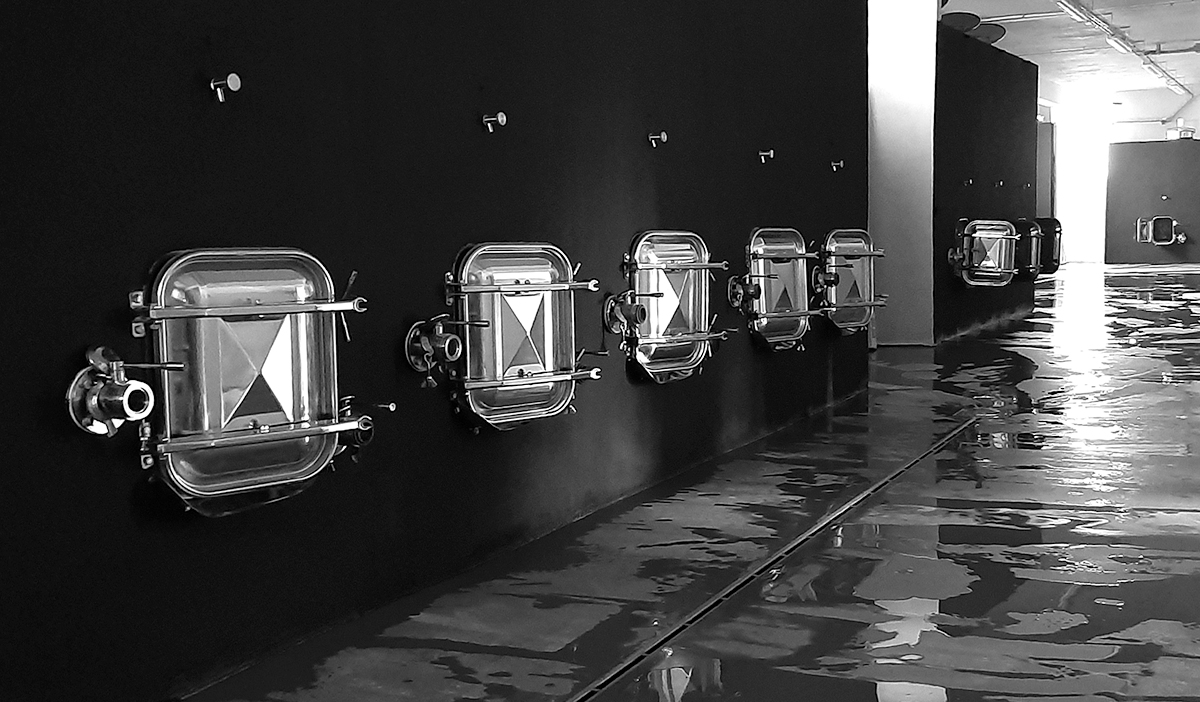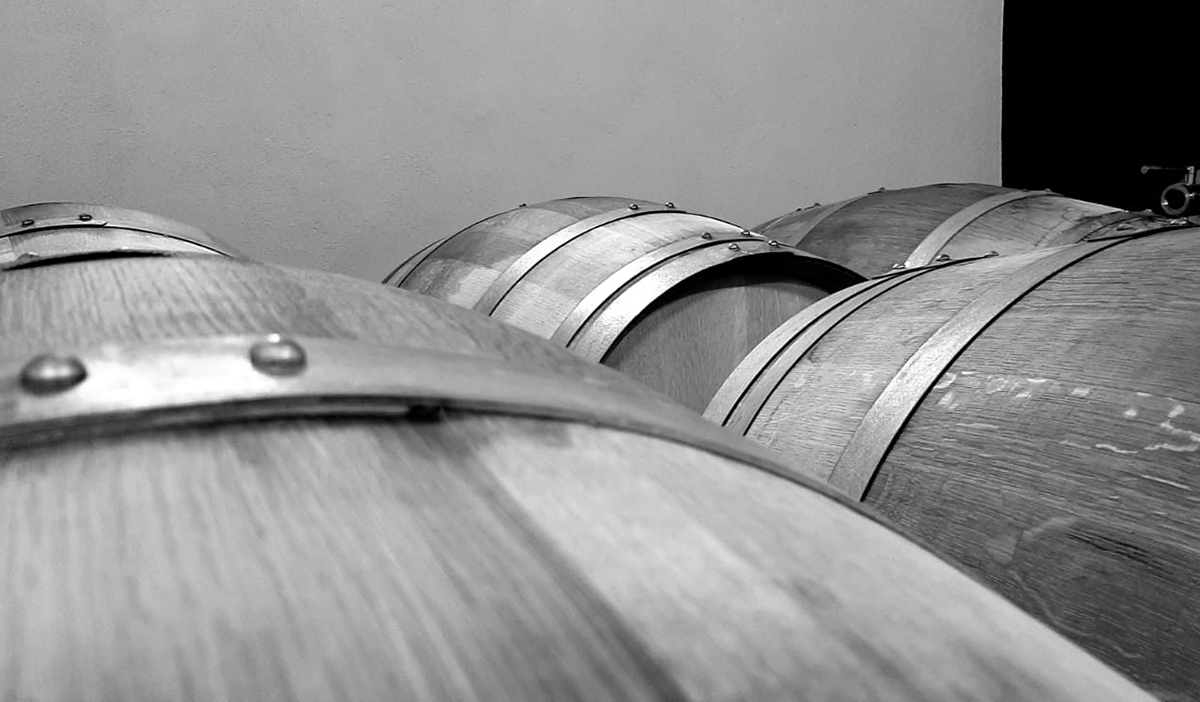CANTINA TÀIA
Our philosophy
We strongly believe in knowing how to do and knowing how to make people do things. This is why all our vineyards are managed by people, men and women, who believe in the Cantina Tàia project and its desire to maximize the great potential of the territory in which our grapes grow and ripen.
Precision viticulture, which changes not only based on the position of the vineyard and the grape variety but also based on the oenological objective and the season, allows us to bring the best grapes to the cellar. Indeed we like to say the grapes most suitable for our objectives.
A dedicated and scrupulous oenology guarantees us the exaltation of these grapes and guarantees us to bottle wines of character, identity and with a very precise stylistic that goes hand in hand with the Oltrepò Pavese: elegance, definition, extreme cleanliness and freshness.
We believe in oenology that respects the territory and the vine. An oenology that can put the maximum expression of these hills and all the people who work there in the glass.


The grapes are all harvested by hand, in wooden boxes of around 20kg for the sparkling wine base or in baskets of around 200kg for the still wines. The grapes are immediately taken to the cellar where they are subjected to gentle pressing, as regards the white ones, and destemming as regards the red ones. The winemaking takes place in thermo-controlled concrete tanks.
The winemaker will decide the timing of the various winemaking processes based on continuous tastings and control through specific laboratory tests. For red vinification, the must will spend time in contact with the skins and pumping over and delastage will be carried out until racking and subsequent decanting to eliminate the lees. The skins will instead be removed during pressing for white wines and the sparkling wine base; also in this case pumping over and decanting will be carried out.
A characteristic of our winemaking is that for all our wines the malolactic transformation is carried out which will transform the more harsh malic acid into lactic acid, perceived as more delicate and less acrid. The malolactic transformation will give the wine greater balance, persistence, body and finer aromas. The refinement will be in cement and/or in barriques for still wines, in bottles, as per regulations, for the Classic Method.

